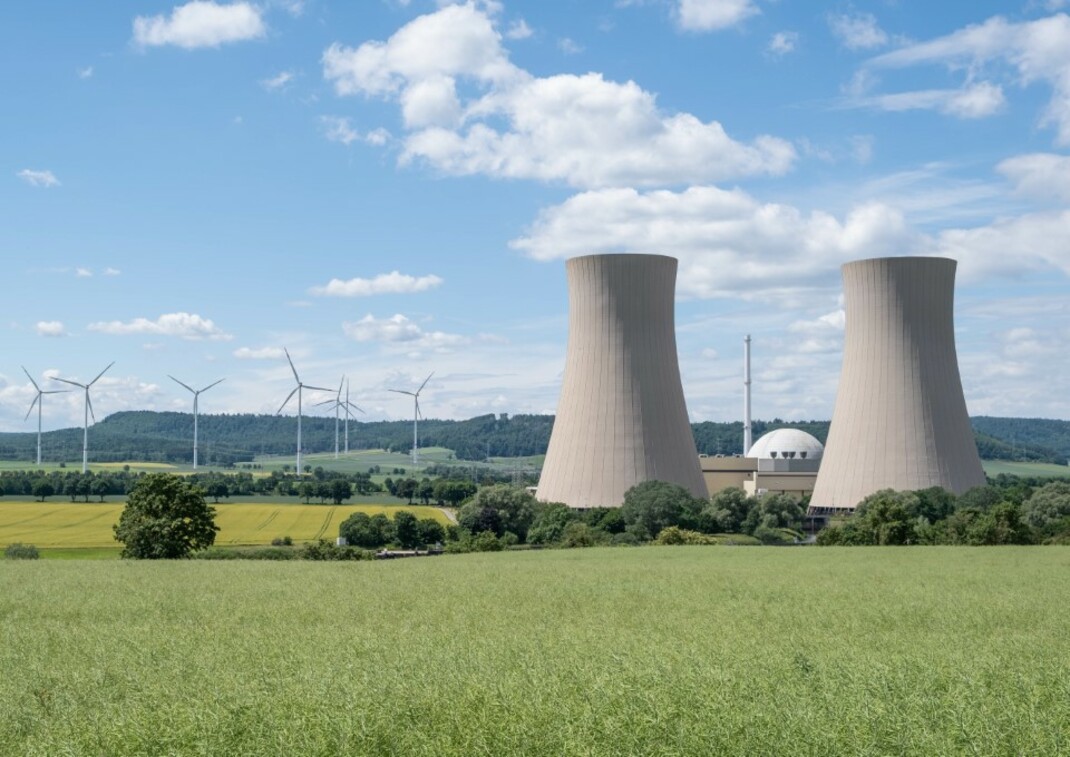Understanding the Nuclear RAB Levy: What it means for UK businesses
Find out more about how the Nuclear RAB Levy will affect your electricity bills.

As the UK progresses towards its net zero targets, a significant development in this journey is the government's commitment to new nuclear power generation. Large-scale infrastructure projects, such as the Sizewell C nuclear power plant, will receive lifetime investment through a Regulated Asset Base (RAB) funding model.
Under the RAB model, funding is frontloaded: rather than waiting until new nuclear plants begin generating electricity, revenue streams begin earlier to support construction, financing, and operational costs. For businesses in the UK, this translates into a new charge on electricity bills starting 1st December 2025, intended to help share the cost of bringing forward low-carbon nuclear capacity.
Below are some frequently asked questions including how the levy works, who it affects, and what business should expect.
Frequently asked questions
What is the Nuclear RAB Levy?
The Nuclear RAB Levy is a new non-commodity charge added to electricity bills in the UK. Its purpose is to help fund the financing, construction, and operating costs of new nuclear projects (starting with Sizewell C) under a regulated asset base (RAB) funding model.
Why is the government doing this?
The RAB model is intended to reduce the financing risk for nuclear projects by allowing revenue streams during construction, rather than waiting until generating electricity. This lowers the overall cost of capital and helps ensure long-term energy security and decarbonisation ambitions.
When does the levy start applying?
The levy is effective from 1st December 2025.
What is the levy amount (initial / forecast)?
The initial levy amount is set to 0.36p/kWh and is expected to rise over time. We will continue to keep our customers informed of any changes.
Will all businesses have to pay the levy?
Most non-domestic electricity customers will pay, but there is an exemption for businesses qualifying under the Energy Intensive Industries (EII) scheme, if they hold a valid exemption certificate.
How do I know if my business qualifies for an EII exemption?
You should check whether your business sector fits the government’s definitions for EII. If eligible, you will need to hold a valid exemption certificate. Suppliers may periodically reconcile so that EII customers are reimbursed for any RAB charges that were included in their unit rates.
How will the levy appear on my bill?
The levy is an additional consumption-based charge and appear under the cost breakdown of your energy used and itemised as the ‘Nuclear RAB Pass-through Charge’.
Does this affect gas / non-electricity charges?
No, the levy is exclusively applied to electricity. It is a non-commodity electricity charge.
Can my fixed contract protect me from these charges?
While a fixed contract gives protection against wholesale price fluctuations, it may still permit pass-through of new regulatory charges or levies. Our service terms allow adjustment for changes in government or regulatory levies.
How much will this cost my business (estimate)?
It depends directly on your electricity consumption and whether you qualify for exemption. While for many small to medium businesses the effect may be modest, for high-usage operations it could become material.
Who enforces or regulates the RAB Levy scheme?
The scheme is overseen by Ofgem, and administered by the Low Carbon Contracts Company (LCCC).
Further reading
You can learn more about the funding of nuclear projects and RAB funding via the government website here.





